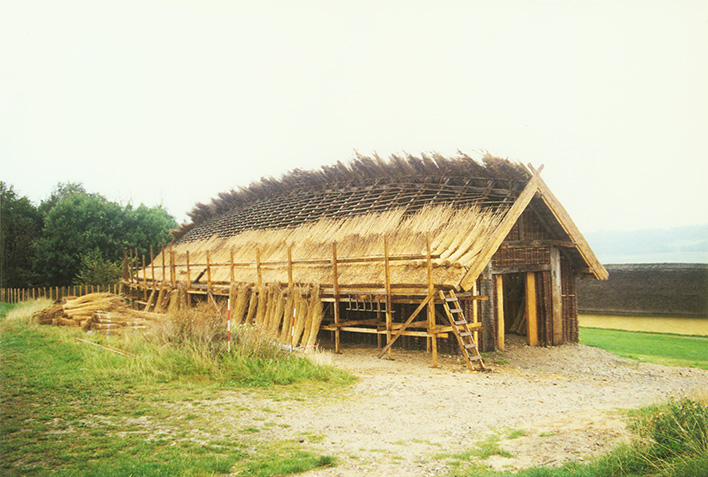Thanks for starting this thread, Willem! I’m very excited about this idea, of linking up people with land and people without land, who all want to come together to form communities of people to share life with. Here’s all my current thoughts…
I’d gotten quite discouraged in the past when looking into ways of doing this, because everything I came across was either the ecovillage model, or WWOOFing places. Unfortunately, both of these usually still operate on the premise of working (selling one’s labor power), either in order to make the money needed to invest in the ecovillage (buying a house, paying monthly fees, etc), or in exchange for meals and the right to live on the land.
In other words, both these models still include the basic premise of civilization - that one must sell one’s labor power in order to survive. I don’t know about the rest of you, but I want to completely obliterate that idea in my community and way of life. I believe that that concept, along with the concept of private property and owning land, is the primary thing wrong with this civilization, and IT NEEDS TO END. I know, I know, it won’t totally end until civilization ends, but at the very least we should end it when creating true communities of people truly living with the land.
My dream is to live a very simple life with a community of people, eliminating virtually all of the trappings of civilization that require money, returning to indigenous ways of life as much as possible (but of course creating our own unique way of life, since we all come from civilization and have to begin anew).
This community would consist of equals, sharing and living equally regardless of who “owns” the land. Of course there the community would have shared values, boundaries, and rules. But there would be no hired hand working on a farm owned by someone else, as in many WWOOF situations. A person working on a farm that produces food to be sold commercially is essentially an employee - they’ve just taken out the medium of money. And if the two people were living two different lifestyles, then it still seems like it would be perpetuating the same old civilized power relations, of those who own and those who work.
I’ve been considering how I would create a rewilding haven in my own life, and am realizing how many obstacles the dominant culture throws up. Of course there is the massive obstacle of the institution of private property, whereby one has to buy land with money that they probably will have to make by selling their life as a wage slave. This makes it even more important that we somehow link up those who are in the position of “owning” land, with those who don’t, because many have been lucky and/or privileged in their life - and sharing in this way would free so many who would otherwise be bound to years of wage slavery.
There are also obstacles thrown up by the isolationist, nuclear family structure of society. What does someone do if they jointly “own” land along with another person (their spouse), but who don’t agree on how they want to live on that land? In other words, what if one person wants to set up a rewilding haven and the other doesn’t?
The whole modern institution of marriage essentially locks people into relationships and often requires people to greatly reduce their personal freedom in order to share their lives with the other person. Most people view marriage as very much of an either-or situation, where either both people are together, following the exact same life path, or their relationship is over, and they go completely separate ways. Not many people are flexible enough, tolerant enough of the other’s desires, and secure enough in their relationship with someone to be able to continue a long-term relationship while also having the freedom to pursue one’s own personal life path, wherever that may lead. Because everyone’s life path meanders to and fro, and no two people’s paths ever follow the same route. Most people either get divorced when their paths diverge, or one or both compromise to make their paths conform to one another.
I don’t think this creates many difficulties for people when they both live standard, civilized lifestyles - the biggest issue that comes up is usually where to live because of their respective jobs. But when introducing a radically different way of living, then it can suddenly become a major issue. I guess its only a problem because we have so much physical stuff holding us in place, limiting our options - shared ownership of a house, assets, stuff, finances, the family dog, etc. Splitting all that up so that both people can “go their separate ways” is hugely complicated and difficult.
But I’m going off on a huge tangent.  These are all questions that I would have to figure out before I could create or join a rewilding haven. I would love to hear all your thoughts!
These are all questions that I would have to figure out before I could create or join a rewilding haven. I would love to hear all your thoughts!
Jessica





 [/center]
[/center]